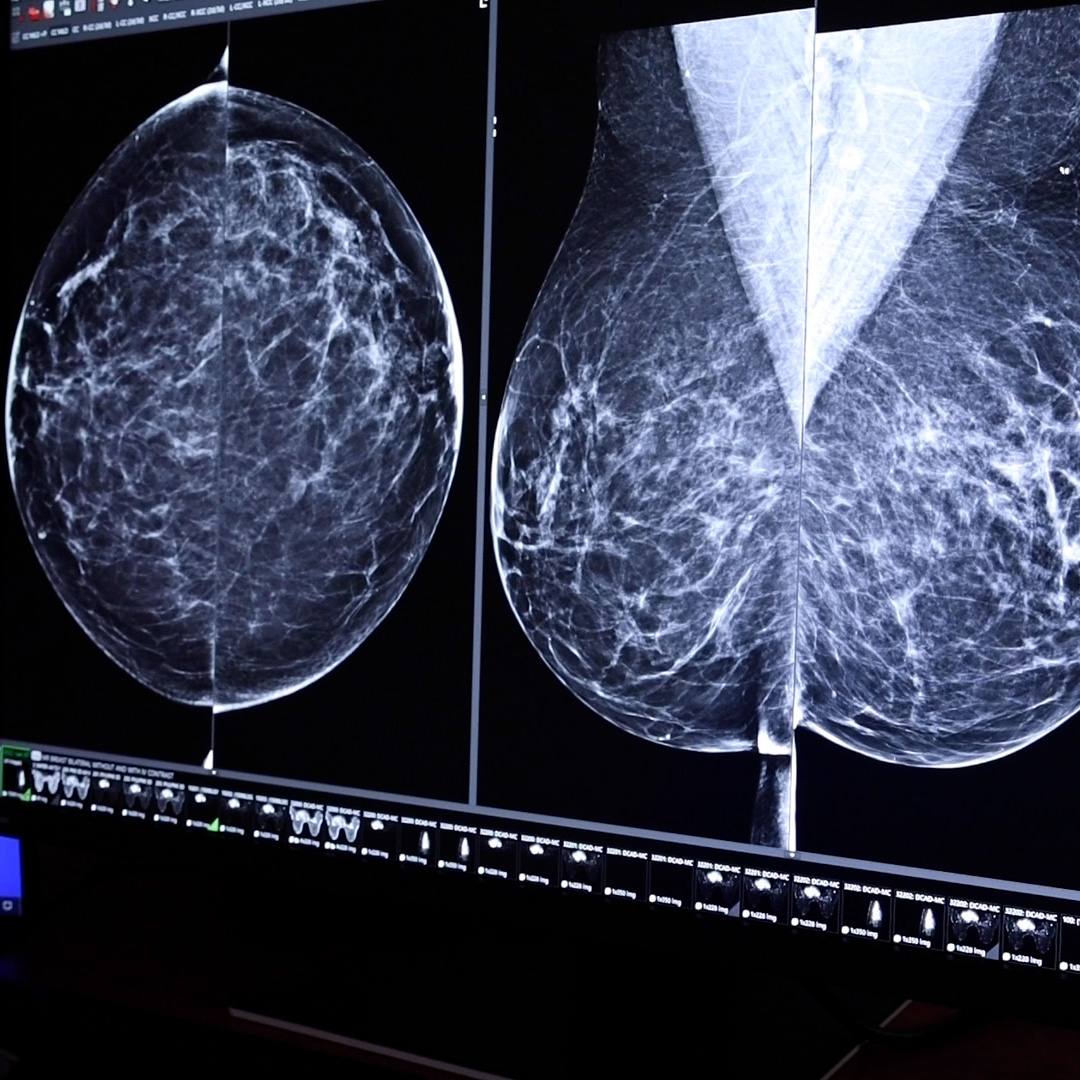-
Mayo Clinic Minute
Mayo Clinic Minute: What is a ‘brain pacemaker?’
More than 3 million adults in the U.S. are living with epilepsy. It's a seizure disorder caused by abnormal brain activity. The seizures can lead to physical injury, emotional health issues or even death.
Medications and surgery are two forms of treatment. But nearly 10 years ago, the Food and Drug Administration approved another seizure treatment for adults that's often referred to as a "brain pacemaker."
Journalists: Broadcast-quality video pkg (1:12) is in the downloads at the end of the post. Please "Courtesy: Mayo Clinic News Network." Read the script.
"It's kind of like a pacemaker for the heart, but instead, we use it for the brain," says Dr. Richard Zimmerman, a Mayo Clinic neurosurgeon.
Dr. Zimmerman is talking about a device called a responsive neurostimulator, or RNS therapy. It's implanted in a patient's skull with electrodes placed on the brain. The device not only monitors and records a patient's brain waves, it also prevents seizures or reduces their severity.
"It's able to detect where the seizure starts at its earliest point, and then begins to stimulate, or give therapy, to the brain in response to that early seizure. And it tries to stop it from progressing or spreading to the rest of the brain," says Dr. Zimmerman.
The pulses of stimulation happen within milliseconds of seizure activity. Patients can't feel it, and it doesn't cause pain.
"There's an algorithm in the computer chip that's in the device that's implanted into the patient that detects when those electrical impulses are abnormal," says Dr. Zimmerman.
It's another option for patients with epilepsy who don't respond to anti-seizure medications or surgery to remove where seizures start in the brain.
"In terms of excitement for this device, there's a huge amount of potential going forward. And the really beneficial thing is that it helps the quality of life for patients," says Dr. Zimmerman.
For the safety of its patients, staff and visitors, Mayo Clinic has strict masking policies in place. Anyone shown without a mask was recorded prior to COVID-19 or recorded in an area not designated for patient care, where social distancing and other safety protocols were followed.







